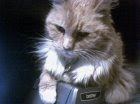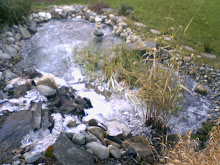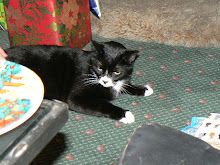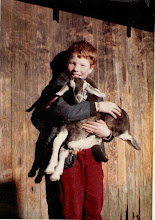 Happy Halloween and time for one last wave of the pointy witch’s hat (between Trick-or-Treaters) to all those seasonal favorites—hauntings and spirits and witches, oh my! One of my favorite books with a splendidly mist-shrouded All Hallow’s feel is John Harwood’s wonderfully gothic exploration of the traditional ghost story in The Ghost Writer. The Ghost Writer is a gorgeous puzzle box of intertwining tales, all connected by an overarching mystery in which timid librarian Gerard seeks answers to his inscrutable pen pal's strange past and his own family's somewhat shady history through a series of odd Victorian manuscripts—ghost stories, of course. The manuscripts, each one a perfectly formulated exercise in gothic style, provide clues to the mysteries in Gerard’s life, but will they
Happy Halloween and time for one last wave of the pointy witch’s hat (between Trick-or-Treaters) to all those seasonal favorites—hauntings and spirits and witches, oh my! One of my favorite books with a splendidly mist-shrouded All Hallow’s feel is John Harwood’s wonderfully gothic exploration of the traditional ghost story in The Ghost Writer. The Ghost Writer is a gorgeous puzzle box of intertwining tales, all connected by an overarching mystery in which timid librarian Gerard seeks answers to his inscrutable pen pal's strange past and his own family's somewhat shady history through a series of odd Victorian manuscripts—ghost stories, of course. The manuscripts, each one a perfectly formulated exercise in gothic style, provide clues to the mysteries in Gerard’s life, but will they  help him in time to save him from his family’s ghosts? Read it and see.
help him in time to save him from his family’s ghosts? Read it and see.For a complete change of pace, check out my absolute favorite book about witches, Lolly Willowes, or The Loving Huntsman, by Sylvia Townsend Warner. A full eighty years before Harry Potter, poet Warner penned this rather charming country novel about timid Edwardian spinster, Laura (a.k.a. Lolly) Willowes, who shakes off the conventions of her day to become a witch. Harry Potter fans beware—there really isn’t much magic practiced in this one. Published in 1926, the pace is leisurely, the writing precise and poetic, but—witchcraft aside—the real thrust of the novel is its highly unconventional celebration of freedom from social constraints that, in those days, often relegated women of Lolly’s station to unpaid household laborers. Fans of Barbara Pym's writing might also enjoy this salute—with a little spin of its own—to the excellent women of a bygone era.


.jpg)






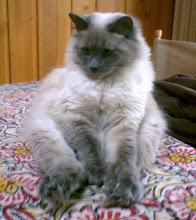
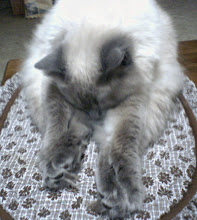.jpg)

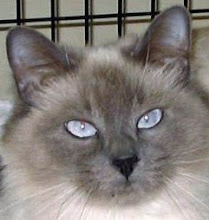

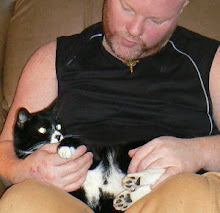
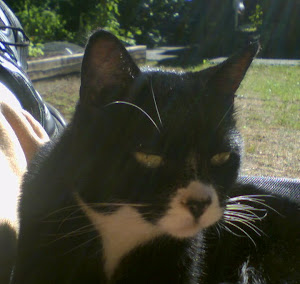
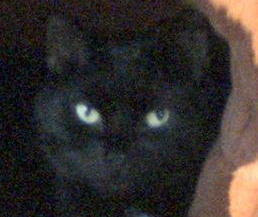.jpg)
